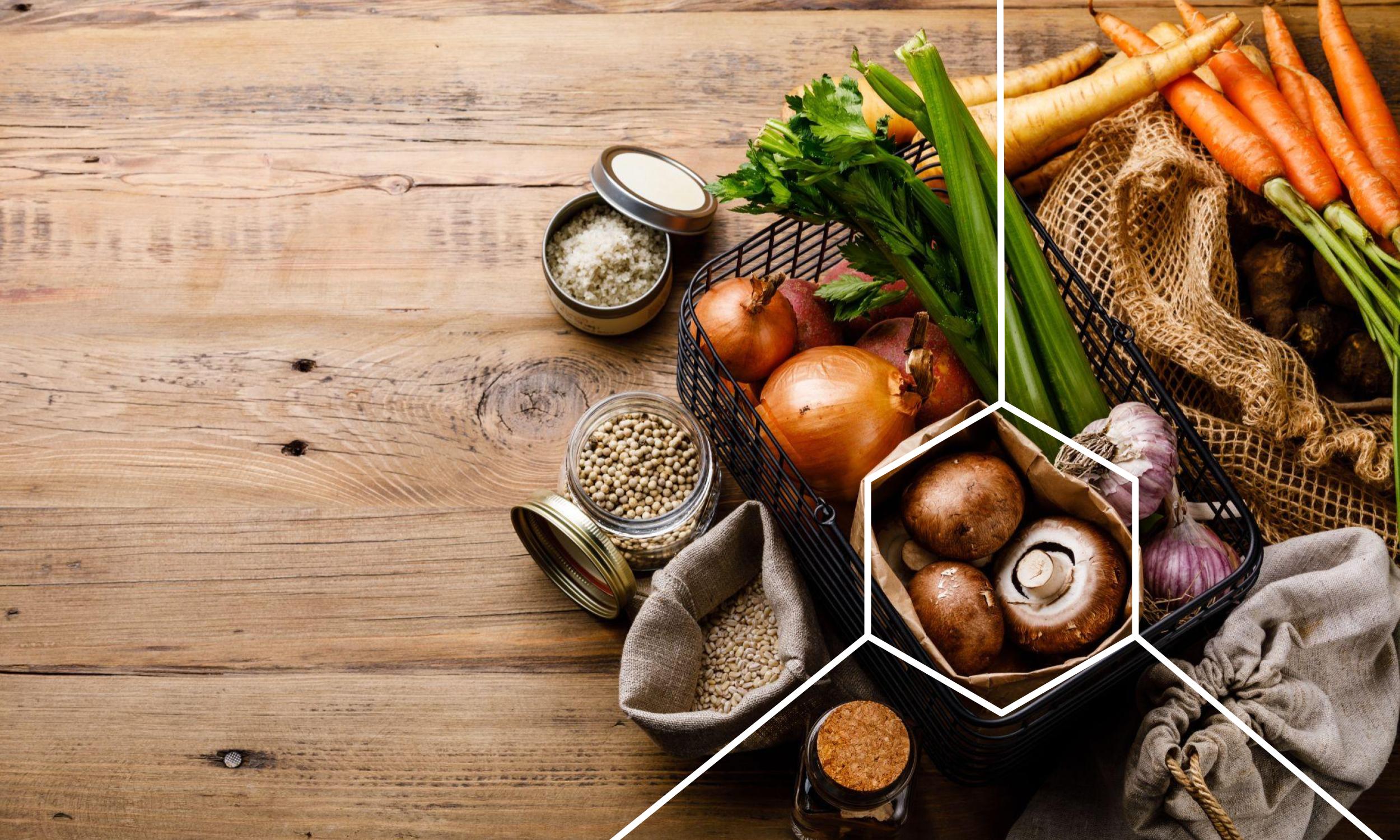
Spermidine is a naturally occurring polyamine found in ribosomes and living tissues. It can also be found in many fruits, vegetables, meat, and cheese. Most of the spermidine found in our body is produced by our own cells, and the other is absorbed through food and certain bacteria found in your digestive tract. A balanced diet helps you maintain a high level of spermidine. Spermidine plays a critical role in cell function and survival in the body.
What is Spermidine Used For?
Spermidine is a natural polyamine, it is known to help regulate various cellular processes in the body. Some of the benefits include DNA stability, cell growth, differentiation, apoptosis and cellular homeostasis. It also synchronizes multiple biological processes and can help maintain membrane potential and control intracellular pH and volume. In recent research, it has been found that spermidine is a longevity agent in mammals, regulates plant growth, encourages hair growth, and lengthens hair in humans.
Spermidine can also be used to prevent liver fibrosis and hepatocellular carcinoma. This is one of the most common forms of liver cancer. It has a significant impact on the longevity of human life as well as mammals.
Some studies have even concluded that spermidine can improve memory and slow cognitive decline. It does this by triggering the process of dissolving amyloid-beta plaques. Studies have also shown it can prevent memory loss in the elderly.
There are many benefits to using spermidine as a supplement in your daily life.
How Much Spermidine Should You Take Per Day?
Spermidine has only recently been discovered for its benefits in cellular health and longevity, and recommended daily intake varies. However, the general consensus is increased consumption of spermidine is beneficial for optimal cellular performance and longevity.
You may be wondering how to increase spermidine. If you are eating a healthy balanced diet, then chances are you should be receiving the recommended daily dose of spermidine. However, some people take spermidine supplements and try to increase their intake.
What Foods Are High in Spermidine?
What foods contain spermidine? There are several foods rich in spermidine that most people already love to eat. Foods that contain spermidine include rice bran, chicken liver, green peas, mango, and chickpeas. It can also be found in fresh green peppers, cauliflower, mushrooms, broccoli, wheat germ, and a variety of aged cheeses. Foods high in spermidine are soybean products. This can include natto, durian, amaranth grain, and shitake mushrooms. These foods are maybe a little less common to your diet. Are you looking for a quick snack high in spermidine? Try popping a bag of popcorn.
What Cheese Has the Most Spermidine?
Spermidine is found in "aged cheese," this simply means cheese that was cured in a controlled environment for more than six months. Aged cheese typically has a hard texture and a sharper taste since they are higher concentrated. Some examples of aged cheese include cheddar, gouda, parmesan, blue cheese, gruyere, and manchego. Harder cheese also often has more fat and saturated fat, which means more calories if you watch your calorie intake. As with all things, if you are doing a balanced diet, remember moderation. The recommended serving size for hard cheese is 1.5 ounces.
Which Foods Are Low in Spermidine?
When you eat a balanced diet, you typically consume between 7 to 15 mg of spermidine daily. Although this does not sound like much, it does help to maintain spermidine levels in the body as you age. If you are looking to increase your spermidine intake, we have discussed earlier the foods you should eat more of, but what foods should you stay away from? If you want more spermidine in your diet, certain foods just won't cut it. Spermidine is mainly found in plant-based food, but you can expect to not have much in sweets or nuts. Highly processed foods such as chips and candy have low spermidine content, Nuts such as hazelnuts, peanuts and pistachios also contain very low amounts of spermidine.
Which Vegetables are High in Spermidine?
Spermidine is found in all plant-derived foods. At the same time, the food category with the highest contents are cereals, legumes, and soy derivatives. The lowest levels are found in fruits. The vegetable category falls in between both of these. High spermidine foods such as broccoli, cabbage, cauliflower, carrot, eggplant, cucumber, green peppers, mushrooms, onions, potatoes, and tomatoes are good vegetables to implement.
Supplements May Help
One of the best sources of spermidine is supplements. As you age, your body slows down, and your cells start to get damaged and not work as they once did. Spermidine is the answer to your cellular health. It can help activate the body's own cellular renewal process and give your cells the ability to rejuvenate and regenerate. This helps keep the cells in your body healthy and operating at their highest efficiency. This means a longer and healthier life for you.







